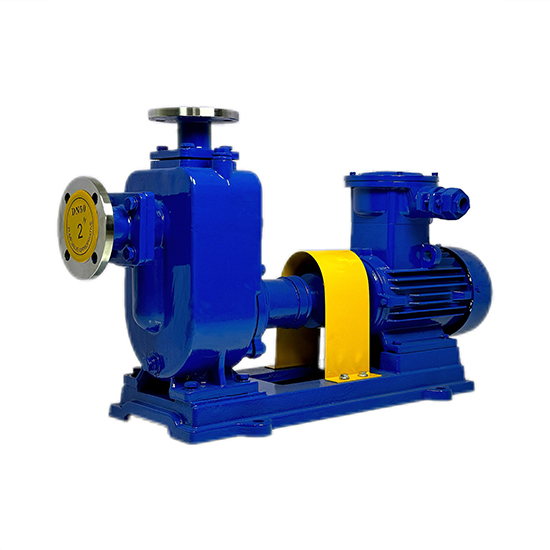In today's rapidly evolving world, the fashion industry has come under scrutiny for its environmental impact and unethical practices. As a response to these concerns, eco fashion has emerged as a transformative movement, aiming to revolutionize the way we produce, consume, and perceive fashion. This article delves into the importance of eco fashion, exploring its multifaceted benefits and its potential to drive positive change in the industry.
- Preserving the Environment:
Eco fashion plays a pivotal role in mitigating the detrimental effects of traditional fashion on the environment. By embracing sustainable materials and production methods, eco fashion reduces pollution, conserves natural resources, and minimizes waste generation. From utilizing organic fibers to adopting innovative recycling techniques, eco fashion strives to create a harmonious relationship between fashion and nature. - Promoting Ethical Practices:
Beyond environmental concerns, eco fashion also addresses the social and ethical aspects of the fashion industry. It emphasizes fair trade, ensuring that workers involved in the production process receive fair wages and work in safe conditions. By supporting eco fashion, consumers contribute to the eradication of exploitative labor practices and support the empowerment of workers in developing countries. - Fostering Innovation and Creativity:
Contrary to the misconception that eco fashion compromises style, it actually encourages innovation and creativity. Designers are challenged to think outside the box, exploring alternative materials and production techniques that are both sustainable and aesthetically pleasing. This drive for innovation not only leads to unique and captivating designs but also inspires the entire industry to embrace sustainable practices. - Influencing Consumer Behavior:
Eco fashion has the power to reshape consumer behavior and attitudes towards fashion. As consumers become more aware of the environmental and social impact of their choices, they are increasingly seeking out sustainable alternatives. By supporting eco fashion brands, consumers send a powerful message to the industry, demanding transparency, accountability, and responsible practices. This shift in consumer demand can drive the entire fashion industry towards a more sustainable future. - Creating a Circular Economy:
Eco fashion promotes the concept of a circular economy, where resources are used efficiently and waste is minimized. Through initiatives such as clothing rental, upcycling, and repair services, eco fashion encourages a shift from the traditional linear model of take-make-dispose to a more sustainable and circular approach. This not only reduces the environmental footprint but also fosters a more conscious and mindful consumption pattern.
Conclusion:
Eco fashion is not merely a passing trend but a necessary and transformative movement that holds the key to a sustainable future for the fashion industry. By prioritizing environmental preservation, ethical practices, innovation, and consumer influence, eco fashion paves the way for a more responsible and conscious fashion ecosystem. Embracing eco fashion is not only a choice but a responsibility we all share in shaping a better world for generations to come.




More Stories
Blast Off Into Fun: Exploring the Magic of a Space-Themed Indoor Playground
Custom Polyester-Cotton Yarn-Dyed Fabric Solutions for Apparel, Home Textiles, and Workwear
Finery Clothing guide to the most comfortable flocked embroidery hoodies